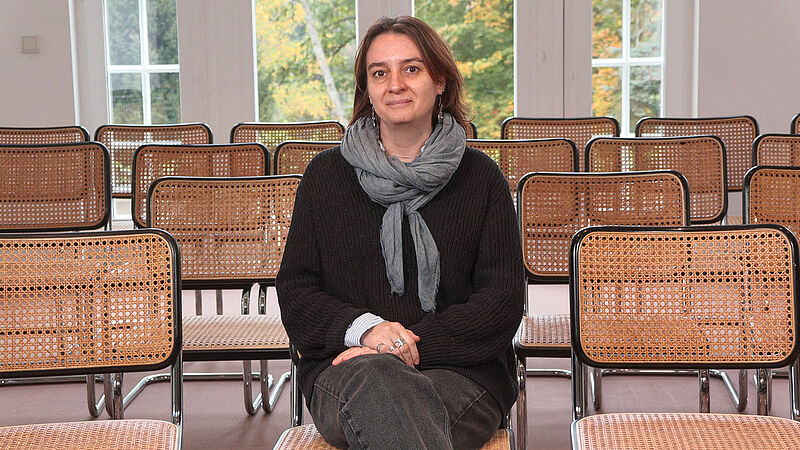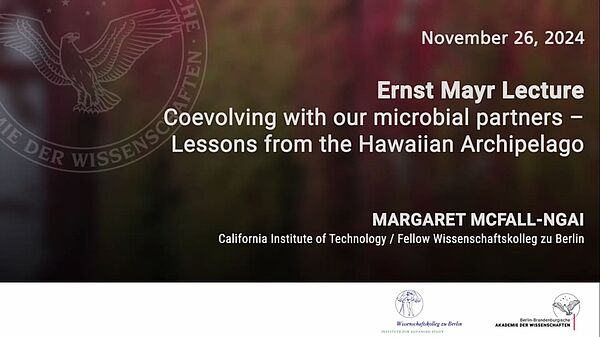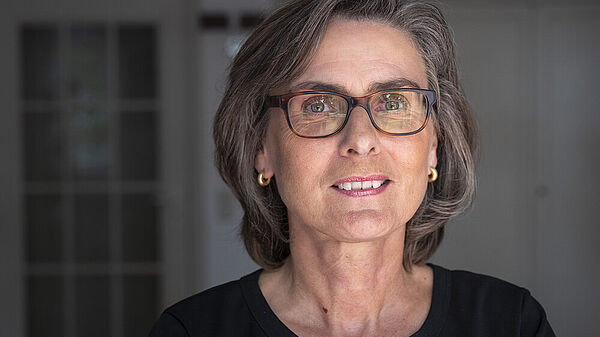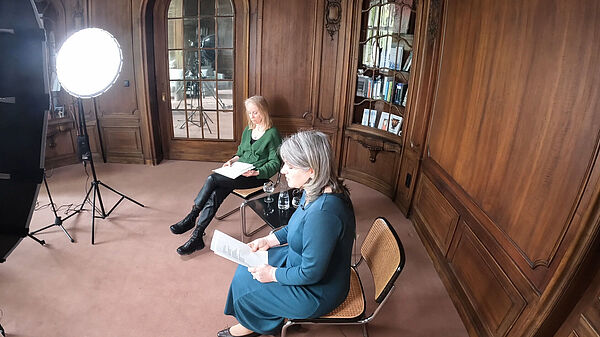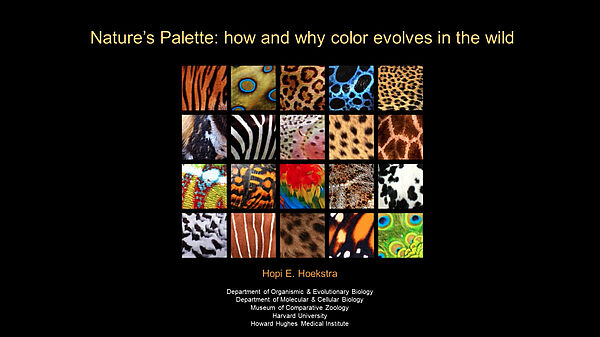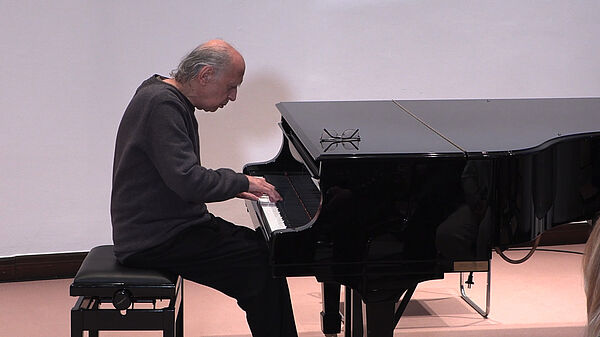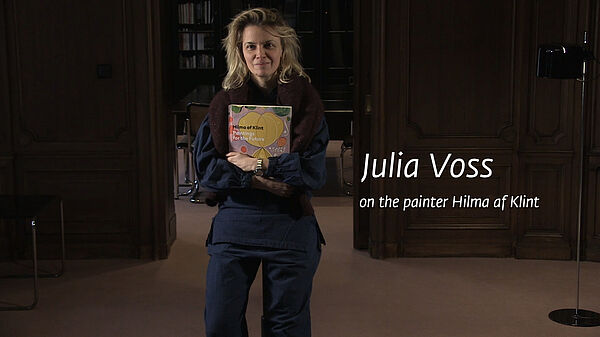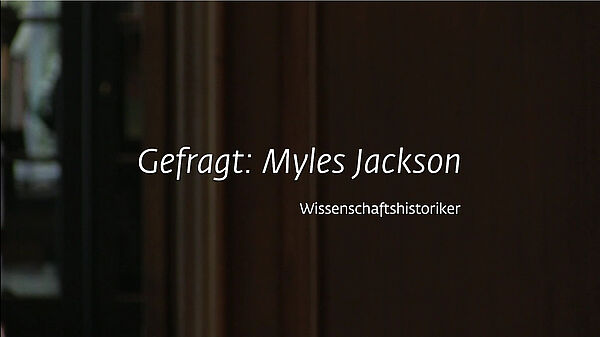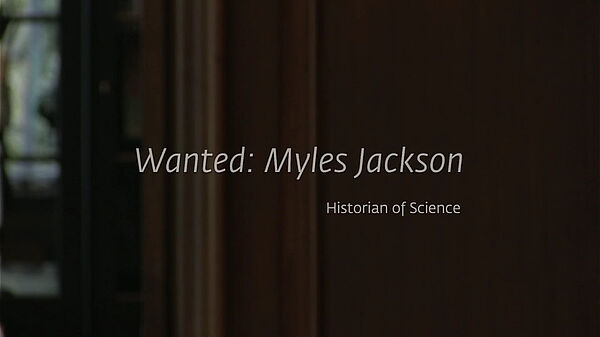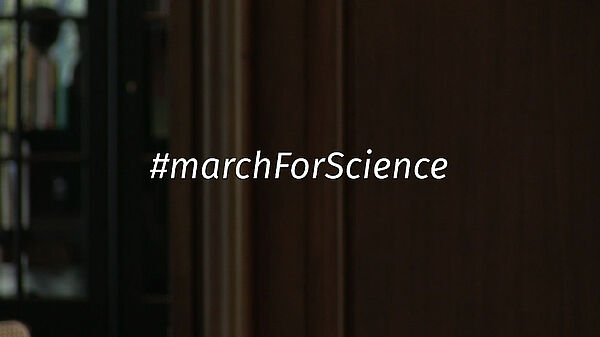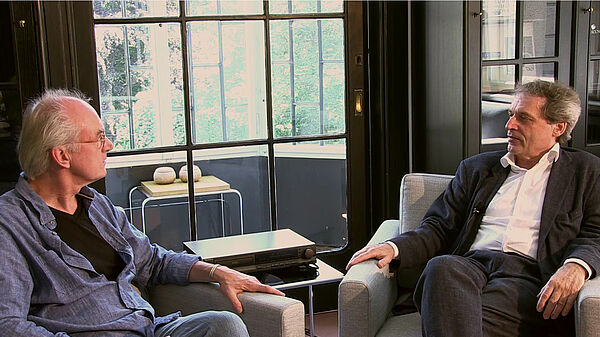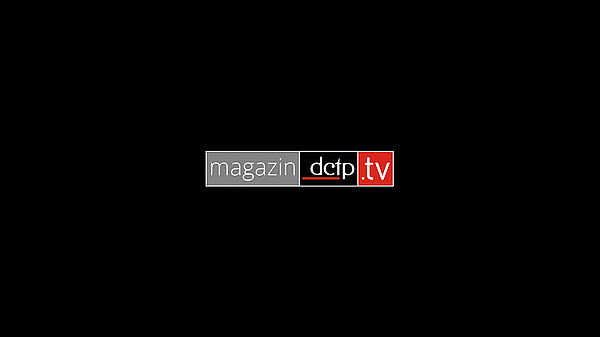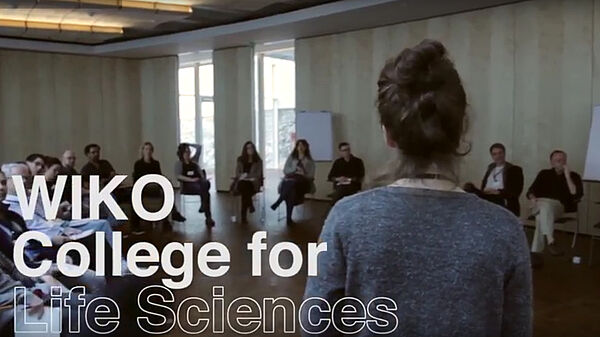Features
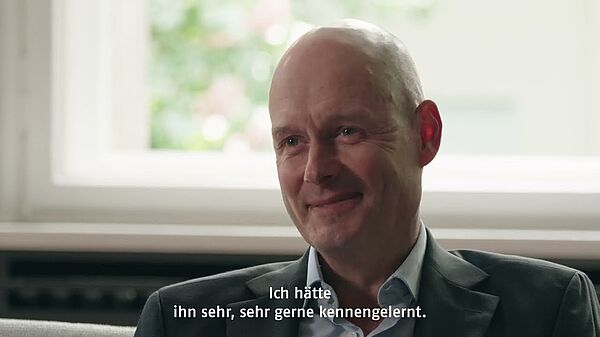
Feature
01.06.2024
Marcus Willaschek (Fellow 2023/2024)
Marcus Willaschek - Kant (Deutscher Sachbuchpreis 2024)
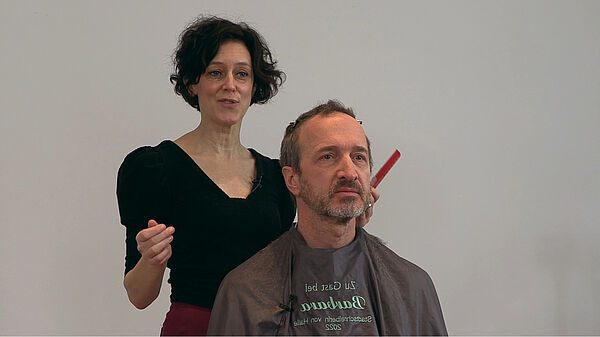
Interview
28.02.2024
Barbara Thériault (Fellow 2023/2024)
Conversation with a Left-Handed Hairdresser: the Cutting-Edge Sociology of Barbara Thériault
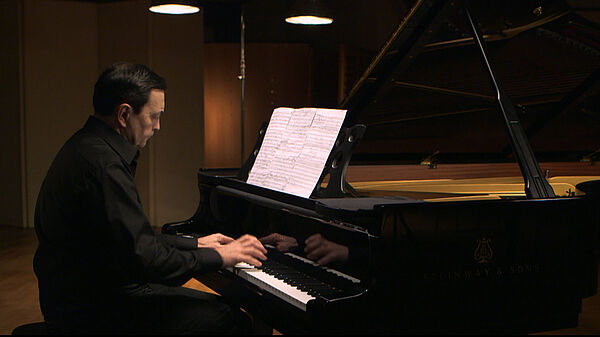
Feature
28.05.2020
György Ligeti (Fellow 2000/2001)
Pierre-Laurent Aimard (Fellow 2013/2014)
Pierre-Laurent Aimard (Fellow 2013/2014)
Explore the Score
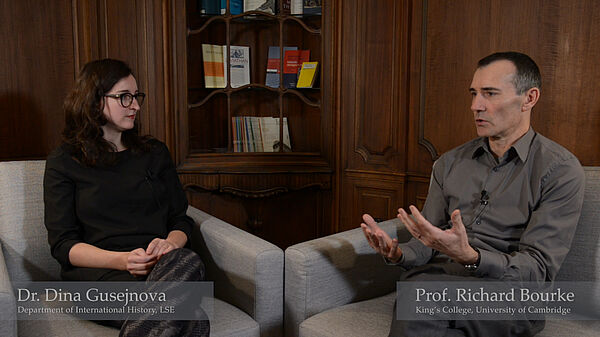
Feature
10.03.2020
Richard Bourke (Fellow 2014/2015)
Rosenöl und deutscher Geist. The fortunes of German intellectual history
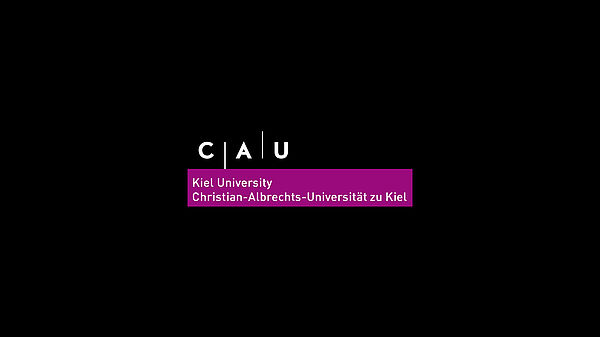
Interview
16.04.2019
Thomas C. G. Bosch (Fellow 2018/2019)
Jacobus J. (Koos) Boomsma (Fellow 2018/2019)
Jacobus J. (Koos) Boomsma (Fellow 2018/2019)
WiKo-Edition: Koos Boomsma, University of Copenhagen, Symbiosis in Ants

Interview
15.04.2019
Thomas C. G. Bosch (Fellow 2018/2019)
Jacobus J. (Koos) Boomsma (Fellow 2018/2019)
Sarah S. Richardson (Fellow 2018/2019)
Hassan Salem (Fellow 2018/2019)
Jacobus J. (Koos) Boomsma (Fellow 2018/2019)
Sarah S. Richardson (Fellow 2018/2019)
Hassan Salem (Fellow 2018/2019)
WiKo-Edition: CRC 1182 at the Wissenschaftskolleg zu Berlin

Interview
05.04.2019
Thomas C. G. Bosch (Fellow 2018/2019)
Sarah S. Richardson (Fellow 2018/2019)
Sarah S. Richardson (Fellow 2018/2019)
WiKo-Edition: Sarah Richardson, Harvard University, History and Philosophy of Life Science

Interview
04.04.2019
Thomas C. G. Bosch (Fellow 2018/2019)
Hassan Salem (Fellow 2018/2019)
Hassan Salem (Fellow 2018/2019)
